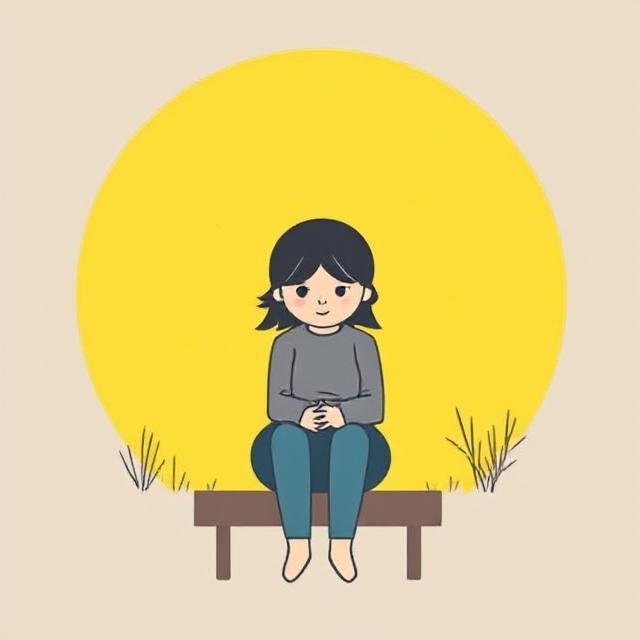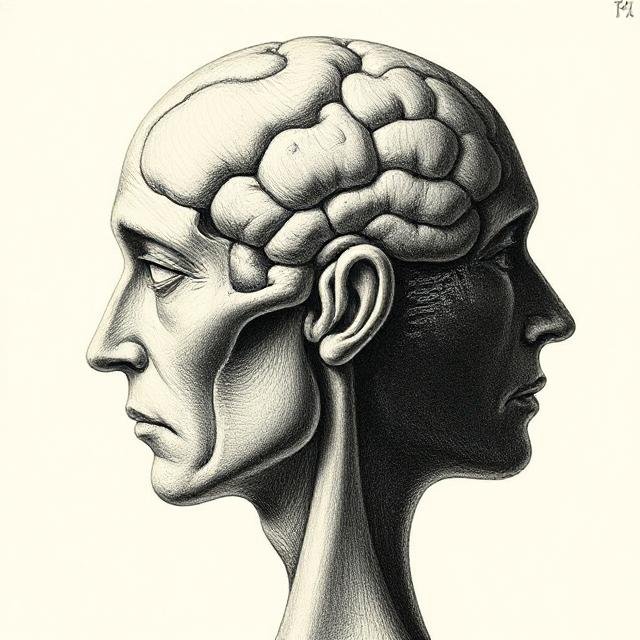Why Choosing the Right Therapy Matters
Not all therapies work equally well for every person or problem. Choosing a therapy that matches your needs can:
✅ Help you feel understood and comfortable
✅ Improve outcomes and reduce symptoms faster
✅ Increase your engagement in the process
✅ Save time and money by avoiding a poor fit
Stat: People who feel a strong connection with their therapist are 2–3 times more likely to have successful treatment outcomes (American Psychological Association, 2024).
Key Factors to Consider When Choosing Therapy
Before diving into specific therapy types, think about what matters most to you.
Your Primary Concerns
Different therapies target different issues more effectively. For example:
- CBT is highly effective for anxiety and depression
- DBT is often used for emotion regulation and borderline personality disorder
- Somatic therapies can be helpful for trauma stored in the body
Your Personality and Preferences
Consider questions like:
- Do you prefer structured, goal-oriented sessions or open-ended exploration?
- Are you comfortable talking about your past, or do you want to focus on present issues?
- Would you rather talk, write, or engage in activities?
Therapist’s Approach and Style
Therapists vary in how active they are during sessions. Some:
- Listen quietly and let you lead
- Provide worksheets and homework
- Offer direct feedback and guidance
Ask potential therapists about their style during an initial consultation.
Practical Factors
- Cost: Can you afford therapy sessions? Does insurance cover it?
- Location: Do you prefer in-person or online therapy?
- Time commitment: Some therapies require multiple weekly sessions.
- Cultural fit: Does the therapist understand and respect your cultural or religious background?
Overview of Common Types of Therapy
Here’s a quick guide to some of the most well-known therapy types and what they’re best for.
Cognitive Behavioral Therapy (CBT)
CBT helps you:
- Identify negative thought patterns
- Challenge unhelpful beliefs
- Develop healthier behaviors
✅ Great for anxiety, depression, phobias, OCD, and insomnia.
✅ Often short-term (8–20 sessions).
Evidence: CBT is as effective as medication for mild-to-moderate depression (Hofmann et al., 2023).
Psychodynamic Therapy
Explores:
- Past experiences and unconscious processes
- How early relationships influence current behavior
✅ Best for deep-rooted patterns, long-term self-exploration, and relationship issues.
Humanistic and Person-Centered Therapy
Focuses on:
- Personal growth
- Self-awareness
- Living authentically
✅ Great for self-esteem issues, existential questions, and general well-being.
Dialectical Behavior Therapy (DBT)
Combines:
- CBT principles
- Mindfulness
- Skills for emotion regulation
✅ Excellent for borderline personality disorder, self-harm, and intense emotions.
Acceptance and Commitment Therapy (ACT)
Teaches you to:
- Accept difficult thoughts without judgment
- Commit to actions aligned with your values
✅ Helpful for anxiety, depression, chronic pain, and stress.
Mindfulness-Based Therapies
Use techniques like meditation and body scans to:
- Reduce stress
- Manage anxiety and depression
Examples include Mindfulness-Based Cognitive Therapy (MBCT).
Somatic Therapies
Focus on how trauma and stress are stored in the body. Methods may include:
- Breathwork
- Movement
- Body awareness exercises
✅ Ideal for trauma survivors and people with chronic pain.
How to Talk to a Therapist About Your Options
Don’t be afraid to ask questions, such as:
- What therapy methods do you use?
- Have you worked with people who have my concerns?
- How do you structure your sessions?
- What outcomes can I expect, and how will we measure progress?
Tip: A good therapist will welcome your questions and help you make an informed choice.













